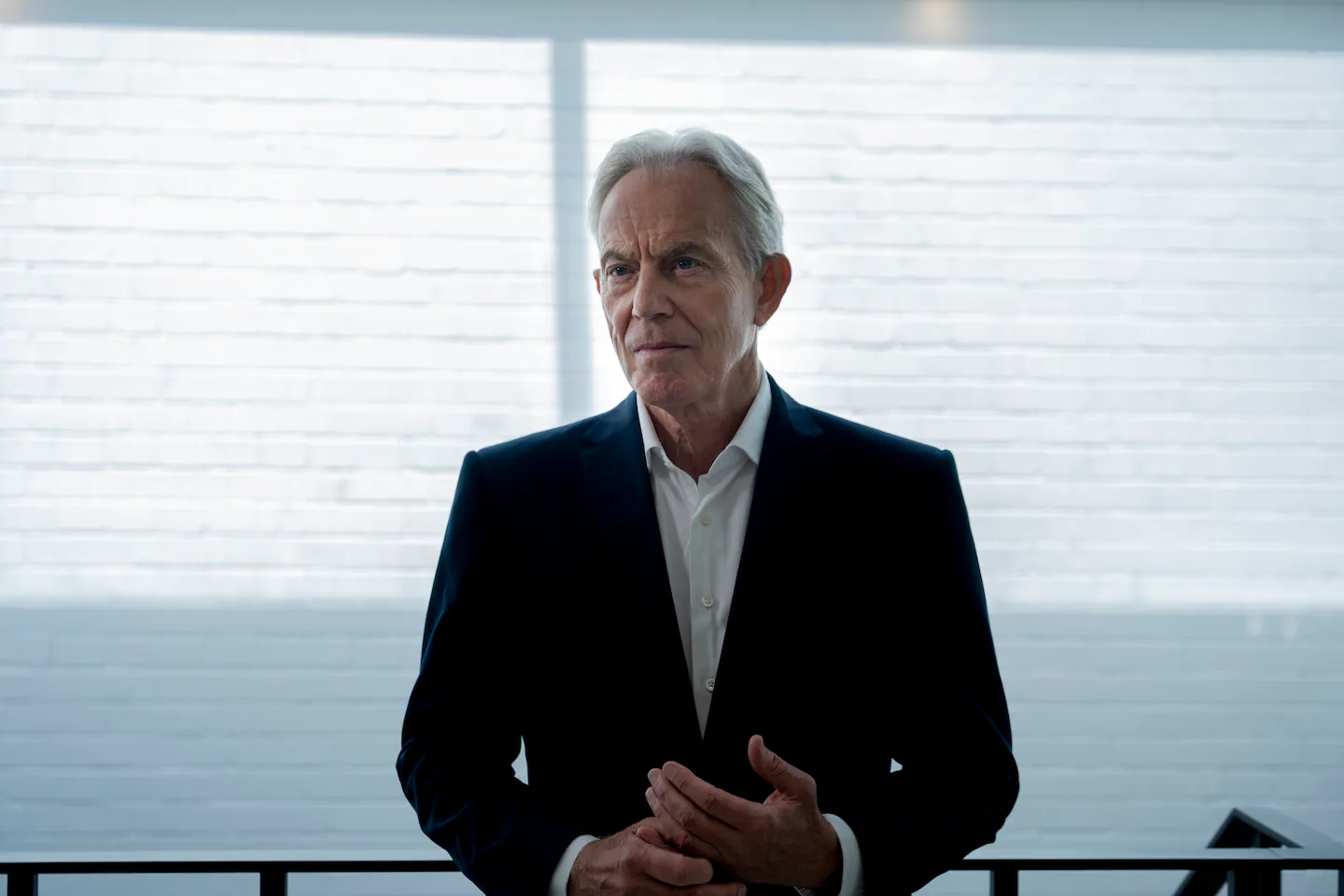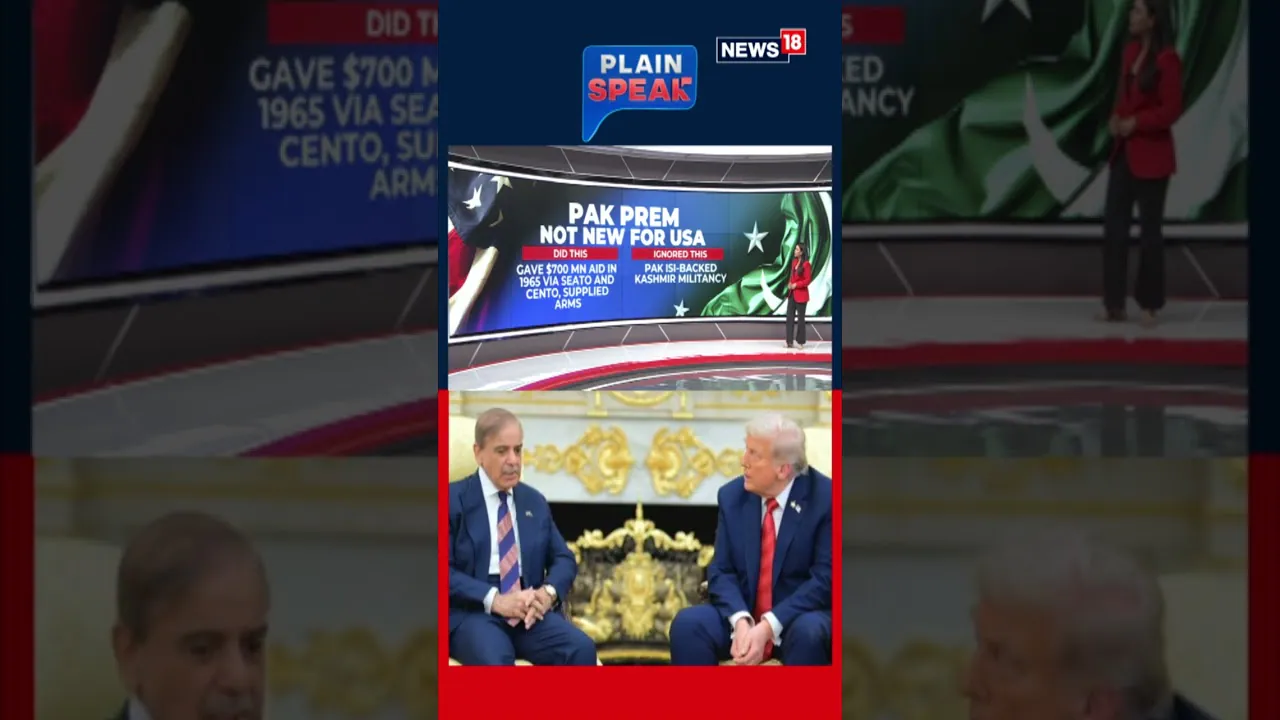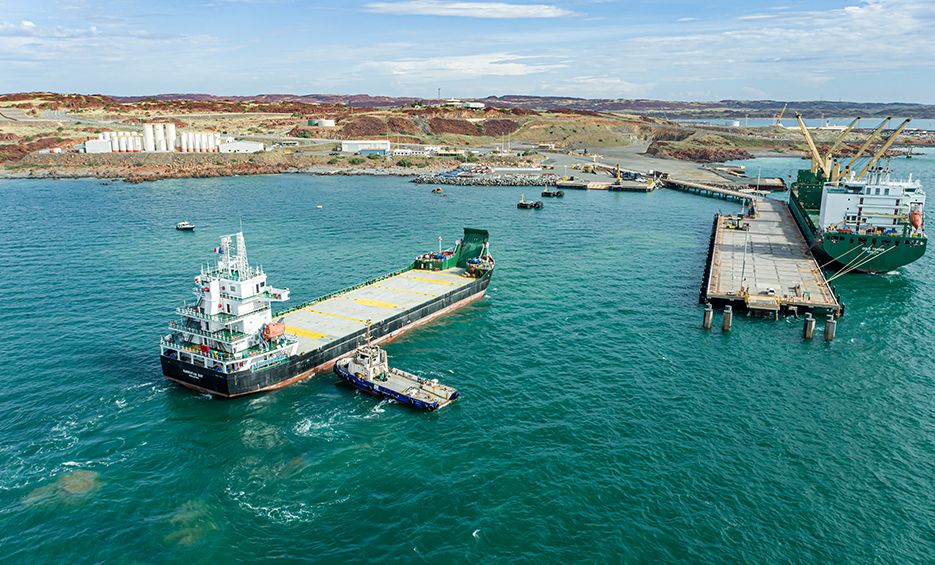
His odds of success are perilously slim. Trump’s perseverance as a peacemaker is unpredictable. If Blair thrusts himself into Gaza as a kind of colonial viceroy, critics warn that it will only inflame tensions. Far from ending the war, he could find himself stuck in the middle of another intractable conflict.
Much of Trump’s plan reflects ideas in Blair’s own 21-page blueprint for peace in Gaza, including a high-level transitional board, on which Blair will serve as a member. He drew up the plan over the past several months and had been a candidate for a leadership role, according to people familiar with the process. But in a last-minute twist, Trump took the chair’s seat.
“Good man, very good man,” Trump said of Blair on Monday, after meeting with Prime Minister Benjamin Netanyahu of Israel. He said nothing about Blair’s responsibilities or his contributions to the plan.
Still, if the plan gains traction — a major if, given the unremitting hostility between Israel and Hamas — Blair would be one of those most responsible for delivering it. It is a striking turn for a 72-year-old retired politician, who has since built a lucrative business advising governments, banks and other clients on issues like the transformative power of artificial intelligence, and who remains a polarizing figure on Middle East issues.
And yet, it is entirely in keeping with Blair’s statesmanlike ambitions.
“Tony’s been at this issue for a long time, proposing ideas, sometimes having those ideas thrown back at him. He wants to keep trying,” said David M. Satterfield, a US diplomat who served as the Biden administration’s special envoy for humanitarian issues in Gaza in 2023 and 2024.
Satterfield recalled meeting Blair in Israel in January 2024, when diplomats from several countries began shaping the concept of an interim authority for Gaza. Blair, he said, was a regular visitor to Jerusalem, as well as to Arab capitals, where he has broad ties from his seven years as the envoy of the Quartet, a diplomatic group composed of the United States, the United Nations, the European Union and Russia, which was trying to advance the Israeli-Palestinian peace process.
Blair’s office declined to discuss the plan.
Few people have the former prime minister’s credentials in resolving a seemingly insoluble conflict. In 1998, he helped negotiate the Good Friday Agreement, which ended decades of sectarian violence in Northern Ireland. Allies of Blair said that experience, in which he won the trust of both Irish republicans and unionists, would be invaluable in forging a settlement between Israel and Hamas.
“Tony Blair learned that it has to be give-and-take; it can’t be all take,” said Monica McWilliams, an academic and former politician who was involved in the Good Friday negotiations, which grappled with some of the same challenges, from governance to the disarming of militants, that are at issue in Gaza.
But McWilliams added, “I often asked myself how much Blair learned from Northern Ireland after he made the disastrous decision to go into Iraq.”
For Blair, the backlash over Iraq has hung over his post-government life. On the day he stepped down as prime minister in 2007, he was named as special envoy for the Quartet, and set about trying to repair the foundational rift in the Middle East — between Israel and the Palestinians.
Working out of rooms at the American Colony Hotel in east Jerusalem, Blair dug into issues like dismantling Israeli checkpoints in the West Bank and nurturing a more vibrant Palestinian economy.
But Blair’s Iraq history seeded suspicions of him in the region. He also never shook the perception among Palestinians that he was tilted in Israel’s favor. Far from being a force multiplier in brokering a deal between the two sides, the Quartet was often a bystander to those talks.
Blair is nevertheless proud of his work in the Middle East. In the London offices of the Tony Blair Institute for Global Change, he keeps a signed photo of himself with John Kerry, the former secretary of state, thanking him for his efforts. By the time he stepped down as envoy in 2015, however, he had ceased to be much of a presence in a peace process that was, in any event, moribund.
“The Palestinians said, ‘good riddance,’” said Khaled Elgindy, a visiting scholar at the Center for Contemporary Arab Studies at Georgetown University, who wrote a critical study of the Quartet in 2012.
“Now, to parachute in as the viceroy or high commissioner of this colonial project in Gaza?” Elgindy said. “That’s not going to go over well at all.”
Iraq should serve as a warning to Blair, according to analysts. The interim authority that he and Trump envision for Gaza, they said, has many of the characteristics of the Coalition Provisional Authority, established in Iraq by the United States after its troops toppled Saddam Hussein.
Lacking legitimacy with the Iraqi people, that transitional government failed to stabilize the country, which fell into a bloody insurgency. It is remembered mostly for financial mismanagement and a disconnection from the population that drew comparisons to an arrogant colonial-era administration.
Blair’s plan for a Gaza International Transitional Authority, a copy of which was obtained by The New York Times, tries to avoid some of those traps. It calls for the creation of a Palestinian executive authority that would provide services like health, education and policing. It says the interim government should coordinate with the Palestinian Authority on the sensitive issue of disarming militants.



